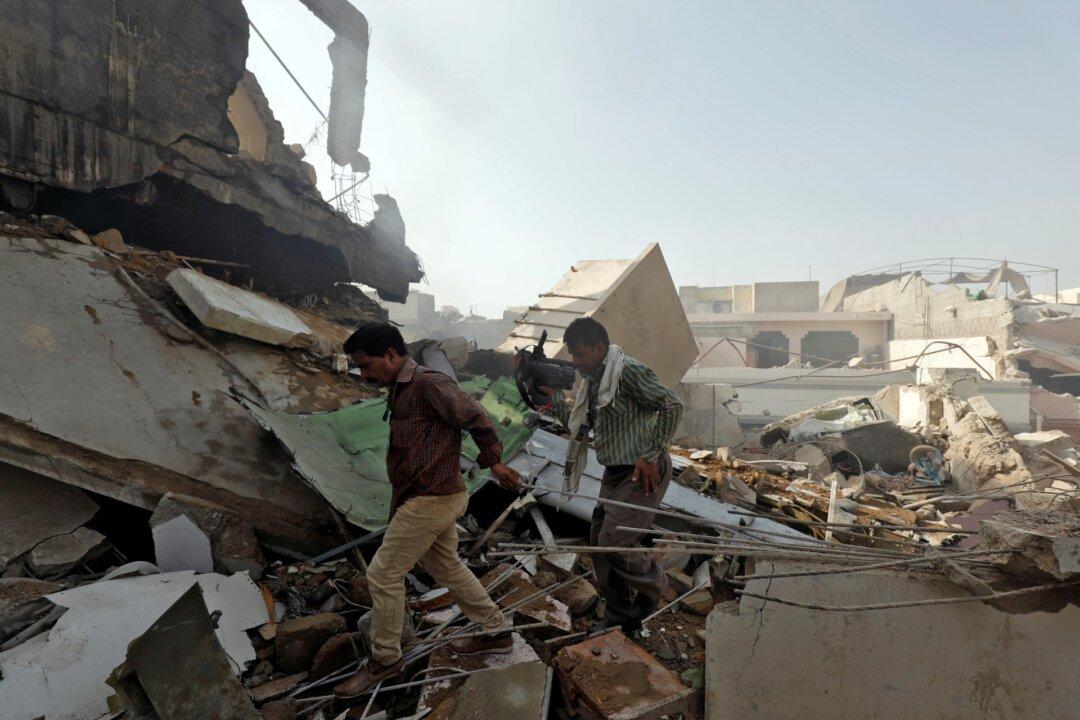ISLAMABAD—Search teams on May 28 recovered the cockpit voice recorder from the wreckage of a Pakistani airliner that crashed into a city neighborhood last week killing 97 people on board, a spokesman for the airline said.
The Pakistan International Airlines Airbus A320 crashed on Friday into a residential district of the port city of Karachi. Two people on board survived.





